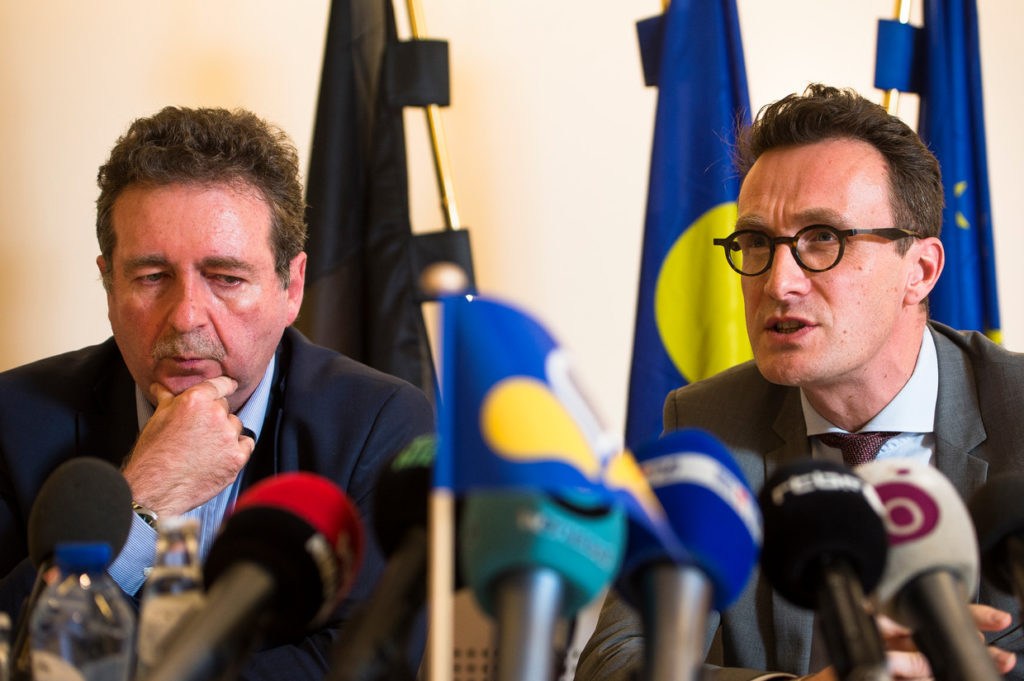Belgium has thrown its hat in the ring to become the home of the future European Cybersecurity Competence Centre (ECCC), with Pascal Smet, Brussels Secretary of State whose responsibilities include European and International Relations, labelling Brussels as a "secure environment" for connectivity and 5G.
Proposing the Brussels municipality of Evere as the possible location, Minister-President Rudi Vervoort said the centre "could have a very positive impact on the ecosystem of companies involved in cyber security in our Region,” calling it “a very promising sector in terms of activities and job creation.”
The European Union wants to create such a centre to better coordinate the fragmented landscape of cyber security by bringing together all major cyber security players in the EU, the cabinets of Brussels Minister-President Rudi Vervoort and Secretary of State for Urban Planning Pascal Smet said.
"It is clear that the EU is looking for a secure environment to house the centre, especially in terms of connectivity and 5G. Our candidacy can guarantee these elements," said Pascal Smet.
5G has been a heated topic in Belgium, however, at both a political and a health level. The arrival of 5G in Belgium was slowed down by political disagreements on the distribution of the proceeds. An arrangement granting provisional rights was proposed pending a political agreement.
Brussels was actually left behind in the initial 5G rollout, as the city's radiation standards “are almost 50 times stricter” than what EU and WHO guidelines call for, according to Bianca Debaets, a member of the Brussels Parliament. Health workers also urged the government to be cautious as the safety of exposure to 5G "has never been demonstrated," claiming that "evidence of its harmfulness is accumulating."
Related News
- European Cybersecurity Month: Our passwords are too weak
- Antwerp begins fingerprint scanning ahead of new ID card launch
Nevertheless, in its bid for the centre, Belgium wrote that "the Belgian authorities, operators and businesses are committed to ensuring 5G connectivity," adding that Brussels is "fully committed towards next-generation mobile technologies."
"It has made becoming a smart city, benefitting both citizens and public authorities, one of its main policy objectives," the document read. "Within this framework, the government sees introducing modern technologies in the various security professions as a priority. It is on course to make Brussels 5G-ready."
If the EU does indeed choose Belgium, the centre would be a good employment opportunity, according to Vervoort, “as it will host 30 to 50 experts, with growth prospects of up to 80 full-time employees by 2023-2024 - not counting the usual external support staff in this type of organisation.”
"In addition to the international and technological ecosystem, Brussels, therefore, has all the assets to offer this centre a strategic future," he added.
The creation and development of the centre will have a €4.8 billion budget as part of the Horizon Europe and Digital Europe funds for 2021 to 2028, €2.8 billion of which will go to its setup and 2 billion to its development.
Germany, Lithuania, Luxembourg, Romania and Spain have also offered their candidacy for the location of the new centre.
EU Member States will vote on which country gets selected on 9 December, according to Bruzz.
Jason Spinks
The Brussels Times

